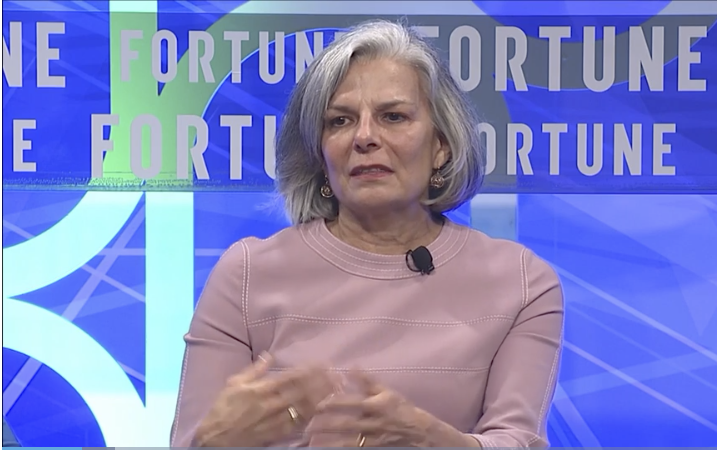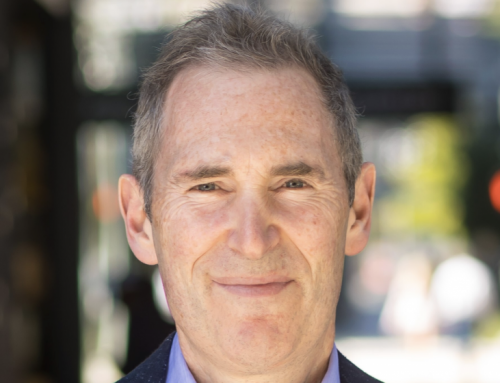‘Brainstorm’ Examines Ideas on How AI Could Alter Medicine
A Fortune magazine conference on healthcare April 2 examined the promise of AI and found that expectations are high—but the results could make tremendous strides in solving problems in medical treatments.
The Brainstorm Health Conference in San Diego featured a panel that expressed optimism tempered with caution.
IBM Executive VP John Kelly said AI is critical to creating a better health system.
“The quality of the data, the size, et cetera, all of these things matter,” Kelly said. “A.I. is the only way to deal with the mass of data that we’re collecting.”
IBM’s Watson supercomputer helps insurers improve design benefit plans by analyzing claims databases, matching cancer patients to clinical trials and helping doctors come up with treatment plans for their patients, according to Kelly.
Panelists Mona Siddiqui, chief data officer for the U.S. Department of Health and Human Services, and Gianrico Farrugia, president and CEO of the renowned Mayo Clinic, said drawbacks remain in using AI, but it remains the best hope for utilizing data collected.
Another workshop moderated by Fortune magazine CEO Alan Murray involved discussion from researchers and CEOS who are using technology to address public health crises. The speakers included Harvard professor Dr. Caroline Buckee, Merck EVP and chief patient officer Dr. Julie Gerberding, Dr. Carla Kriwet, EVP and CEO of connected care at Royal Philips, and Peter Sands, executive director at the Global Fund for AIDS, Tuberculosis, and Malaria.
Buckee said Harvard used satellite technology to find the most efficient routes to get medical supplies where disease outbreaks occurred after Hurricane Maria in 2017. Gerberding cited drones as a critical technology for speeding delivery of medical supplies to some of the world’s hottest areas because of new technology that can keep vaccines cold, for instance.
Sands said the Global Fund, which depends on private sector partners, helps NGOs deliver treatments in extremely impoverished areas in India.
“Imagine going to a remote part of Kenya only to find ‘fully functional community hospitals connected, data wise, with more university hospitals around in Nairobi,’ said Royal Philips’ Kriwet, whose organization has set the ambitious goal of improving the lives of three billion people by 2030.”








Leave A Comment